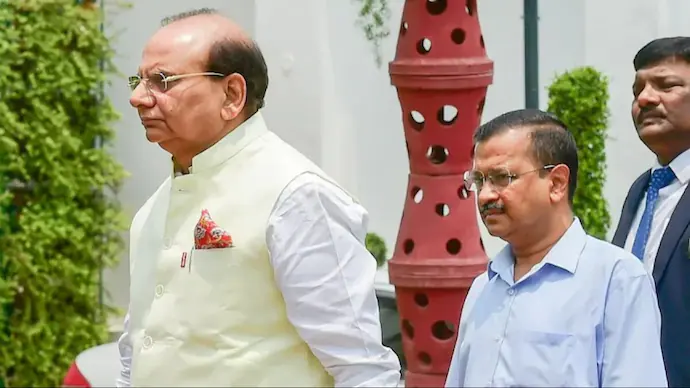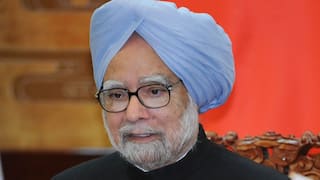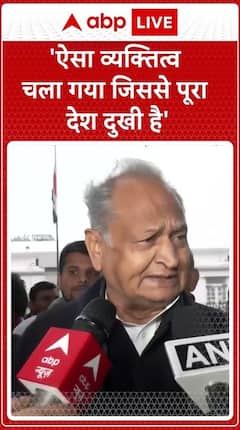Women’s Equality Day 2022: Know The Pioneers Of USA’s Journey Of Women's Equality
Here are the pioneers of the women's suffrage movement and women's rights movement in the USA without whom the right to vote for women would not have been possible.

New Delhi: Women's Equality Day commemorates the adoption of the 19th Amendment to the United States Constitution, which gave women the right to vote. The U.S. Congress declared August 26 to be Women's Equality Day in 1971.
The women's rights movement and the women's suffrage movement were the two important movements in American history to grant women the right to vote. The spark for the women's suffrage movement was the women's rights movement in the middle of the nineteenth century. The celebration of Women’s Equality Day is quite incomplete without commemorating the contribution of the pioneers of the historic movement that led to the commencement of Voting Rights for Women in the USA.
The Legacy Of The Three Founders Of The Women’s Suffrage Movement
The three founders of America’s women’s suffrage movement are widely remembered on this day. Without the contribution of Elizabeth Cady Stanton, Susan B. Anthony, and Lucretia Mott, the movement would never have been a success.
Elizabeth Cady Stanton: One of the earliest known American pioneers in the women's rights movement was Elizabeth Cady Stanton. She created the first coordinated call for women's suffrage in the United States in 1848 at the Seneca Falls Convention. By successfully securing rights for women and slaves, Stanton altered the social and political landscape of the United States of America for all time. Her unrelenting commitment to women's suffrage led to the Constitution's 19th amendment, which gave women the right to vote.
Susan B. Anthony: American social reformer and women's rights advocate Susan B. Anthony was essential to the women's suffrage campaign. She gathered anti-slavery petitions when she was 17 years old. She was raised in a Quaker family that was dedicated to social equality. She dedicated her entire life to promoting racial, gender, and academic equality.
Lucretia Mott: Lucretia Mott was an American Quaker, abolitionist, women's rights activist, and social reformer. She had formed the idea of reforming the position of women in society when she was amongst the women excluded from the World Anti-Slavery Convention held in London in 1840. She assisted in establishing the Philadelphia Female Anti-Slavery Society in 1833 as an ardent abolitionist. She also contributed to the Declaration of Sentiments, which launched the struggle for women's suffrage, which was written in 1848 for the inaugural Women's Rights Convention in Seneca Falls, New York.
Women Who Carried Forward The Legacy:
The other pioneers of the movement who carried forward the legacy of the founders of the Women Suffrage Movement:
Ruth Hanna McCormick: Ruth McCormick, was an American politician, activist, and publisher. She was elected to the US House of Representatives in 1928 and served for one term after earning an at-large seat for Illinois. She successfully lobbied the Illinois legislature in 1913 in support of the law granting women the right to vote, and from 1913 to 1915 she served as chair of the National American Woman Suffrage Association's Congressional Committee. She also advocated for legislation against child labour and for a minimum wage.
Jeannette Rankin: Jeannette Pickering Rankin, the first woman to hold a federal position in the United States, was a politician and women's rights activist by profession. She was elected to the U.S. House of Representatives as a Republican from Montana in 1916, and again in 1940.
Alice Paul: One of the most well-known women's rights advocates of the 20th century was Alice Paul. She relentlessly spearheaded the fight for women's suffrage and equal rights in the United States as an ardent suffragist and feminist. Paul was sentenced to jail for seven months, where she organized a hunger strike in protest. Paul was being force-fed and threatened with admission to a mental institution, newspaper accounts of her treatment inspired support for suffrage among the general population. Wilson declared his support for suffrage by 1918.
Carrie Chapman Catt: Throughout her 33-year career, Carrie Chapman Catt fought for the right of women to vote all across the globe, including the final (1915–1920) campaign that won suffrage for women in the United States. To get women into the political mainstream, she oversaw the National American Woman Suffrage Association (NAWSA) and formed the League of Women Voters (1920). She suggested local organisations and advocated for women's suffrage in every state.
Trending News
Top Headlines






































